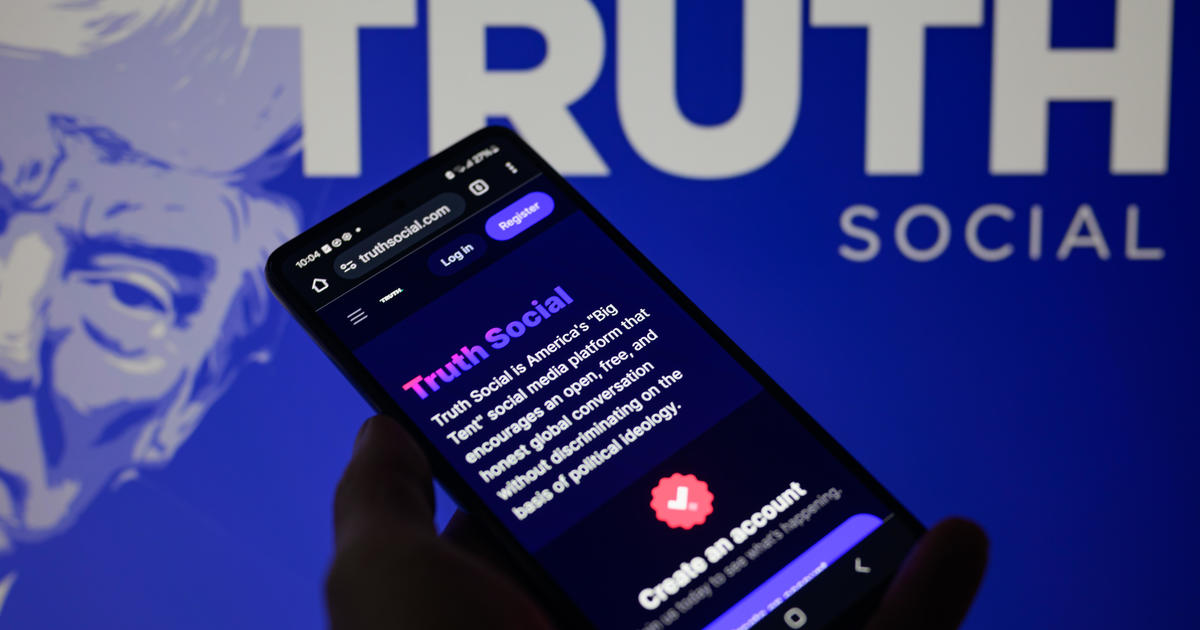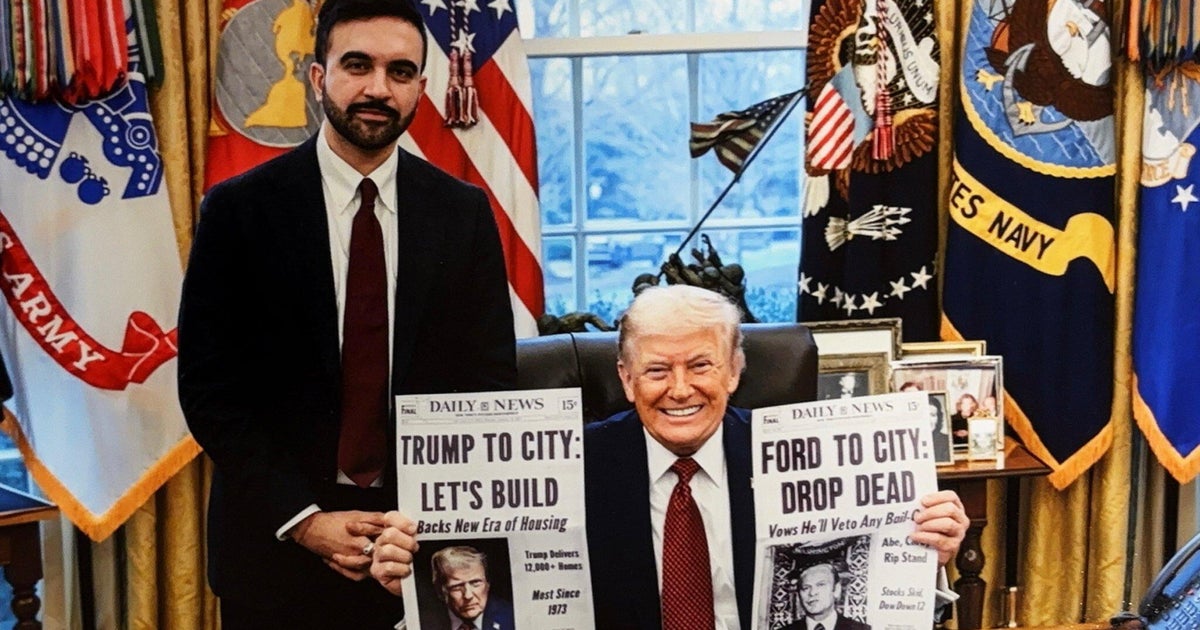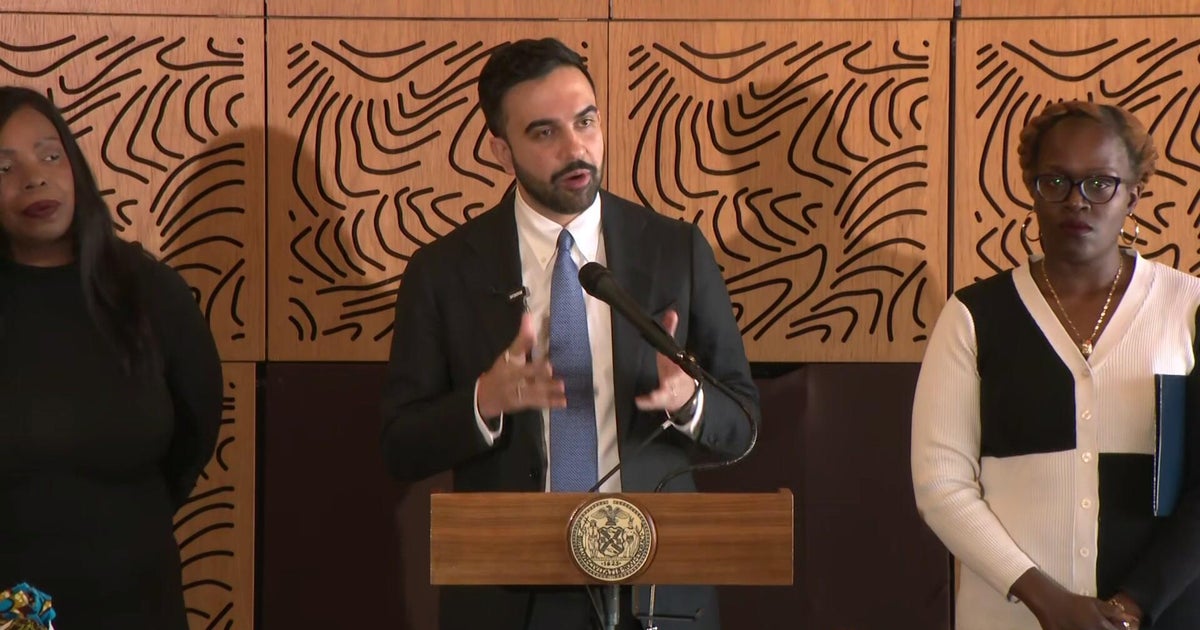Lower drug prices: Trump may not have a cure-all
During President Donald Trump’s meeting on Tuesday with leading drug company executives, he told the room: “We have to get drug prices down for a lot of reasons, we have no choice.”
But can he do it? The answer is probably not anytime soon.
Drug spending in the U.S. increased 20 percent between 2013 and 2015, according to study published in JAMA by the American Medical Association.
In addition, the U.S. has seen some particularly egregious recent examples. Founder and former CEO of Turing Pharmaceuticals Martin Shkreli came under fire in 2015 for raising the price of the anti-parasitic drug Daraprim from $13.50 per pill to $750 per pill.
Last year, pharmaceutical giant Mylan was criticized for raising the price of its anti-allergic reaction product EpiPen nearly 500 percent over seven years. Mylan CEO Heather Bresch recently told CBS This Morning co-host Norah O’Donnell, “…if EpiPen needed to be a catalyst to show the system is broken, then so be it.”
Polls show the vast majority of the public support government action to lower drug prices, but in reality, making a significant change will be extremely complex, further complicated by the fact that President Trump is facing one of the largest lobbying groups with some of the deepest pockets in Washington, D.C. Plus, many Republicans in Congress, often supported by pharmaceutical industry PACs, aren’t in favor of significant government action on drug pricing, said Chris Meekins, an analyst with investment banking operation FBR Research.
He pointed to the defeat of the recent California proposition 61 as an example of the industry’s heft. The proposition would require state agencies to pay no more than the U.S. Department of Veteran Affairs pays for prescription drugs. A pharma PAC spent more than $109 million to ensure the measure was voted down.
Here’s a closer look at the specific moves Mr. Trump outlined during the meeting and their chances of happening.
Allowing Medicare to negotiate drug prices directly. This is the biggest elephant in the room. The law that established Medicare Part D in 2003 prevents negotiation between the government and pharmaceutical companies. Insurers and pharmacy benefit managers (PBMs) can negotiate discounts directly with drug manufacturers, but Medicare cannot. The U.S. is unique in this regard because most major countries do negotiate prices directly with drugmakers.
Previous to Tuesday’s meeting, Mr. Trump had indicated he was in favor of direct Medicare negotiations. He has since walked back on that stance, focusing instead on tax breaks and decreased regulations that he says will help lower drug costs and bring drug manufacturing jobs back to the U.S.
And Representative Tom Price, Mr. Trump’s nominee for Secretary for Health and Human Services, did not speak out in favor of direct Medicare negotiations during his Senate confirmation hearing and has previously opposed the idea.
That hasn’t stopped Vermont Senator Bernie Sanders from announcing his plans to introduce legislation to lower prescription drug prices by allowing Medicare to negotiate. (The bill would also allow the importation of less expensive but safe drugs from other countries.)
Meekins believes the chances of drug price legislation passing in the near future are slim. He points to previous research by the Congressional Budget Office that shows eliminating the prohibition of government negotiation would produce only negligible results. Meekin also mentioned that the pharmaceutical industry spent more than $41 million on campaign contributions to individuals in the House and Senate. These officials may be reluctant to legislate against pharma interests.
Improving new drug approval time. During Tuesday’s meeting and his campaign, Mr. Trump promised to slash regulations and get new treatments through the Food and Drug Administration approval process faster to help increase competition. “We’re going to streamline FDA. We have a fantastic person,” Mr. Trump said.
It’s important to note that the FDA has made progress recently in speeding up its process, something the pharmaceutical industry has applauded. According to FDA data, the median time for its standard review process is 10 months, down from 13 months in 2005. Companies can eliminate two months of that time if they get a priority review.
What’s more, the industry relies on strong FDA standards to help protect their profits, block rivals with lesser products and allow smaller companies the same chance to introduce drugs as larger firms. It’s unclear exactly what changes the president has in store for the FDA, but plenty of debate is likely if any proposals are seen as too dramatic.
Bringing drug manufacturing back to the U.S. President Trump promised to cut taxes on business, telling the pharmaceutical company leaders they need to bring the industry back to the U.S. About 25 percent of drugs consumed in the U.S. are imported. Many drug companies have located operations in countries such as Ireland, which has a low corporate tax rate. Pharma leaders at the meeting reacted positively to the idea of a lower tax rate and creating more U.S. jobs.
But taxes aren’t the only reason pharmaceuticals move abroad. Lower manufacturing costs are also part of the equation. If companies relocate to the U.S. and production costs increase, consumer advocates worry the shift could actually cause an increase in some drug prices.



